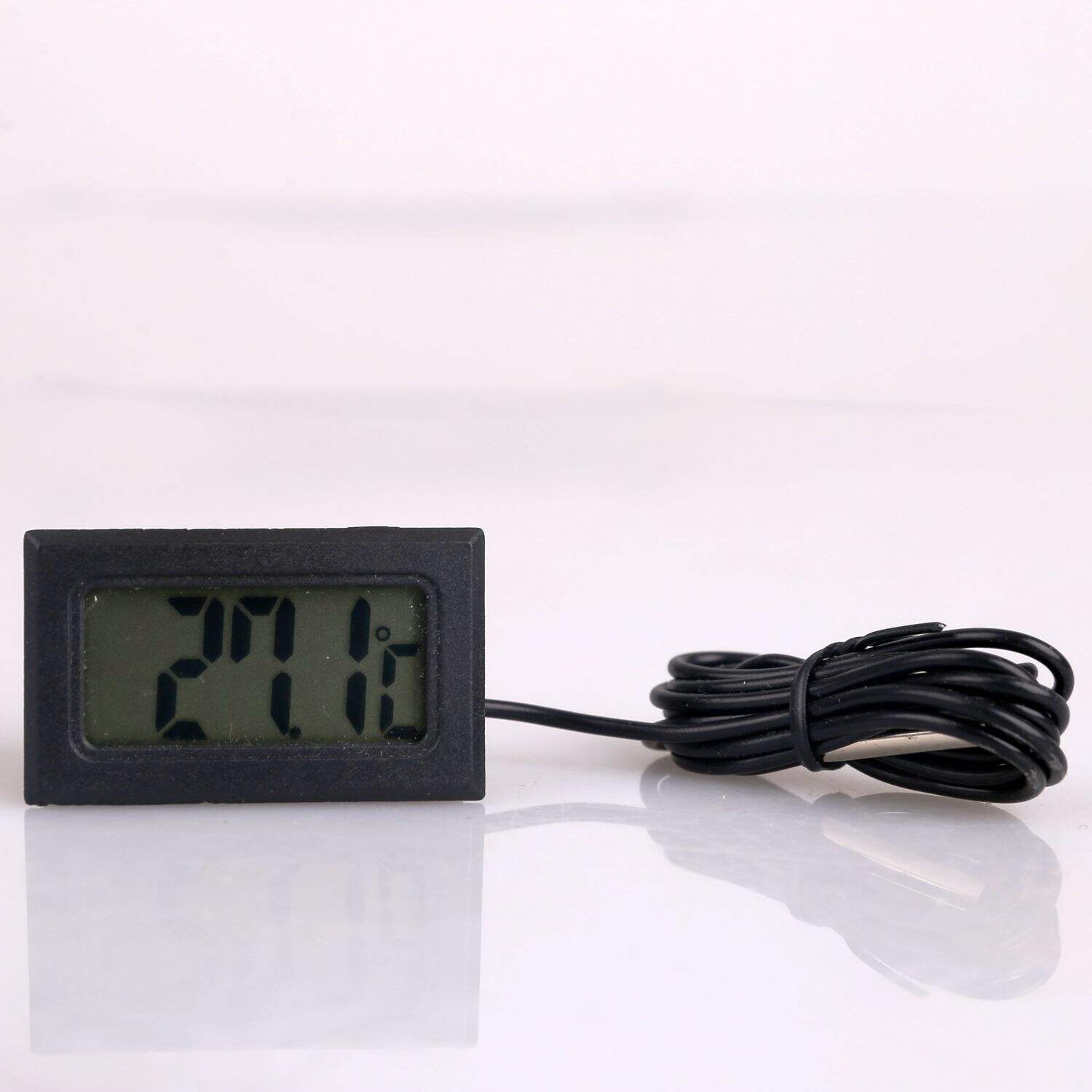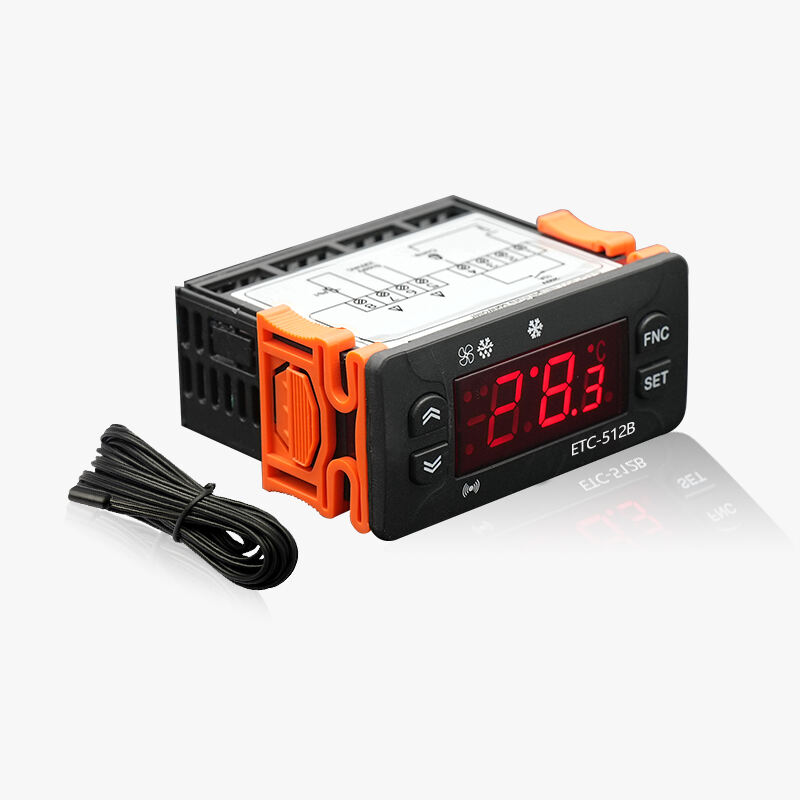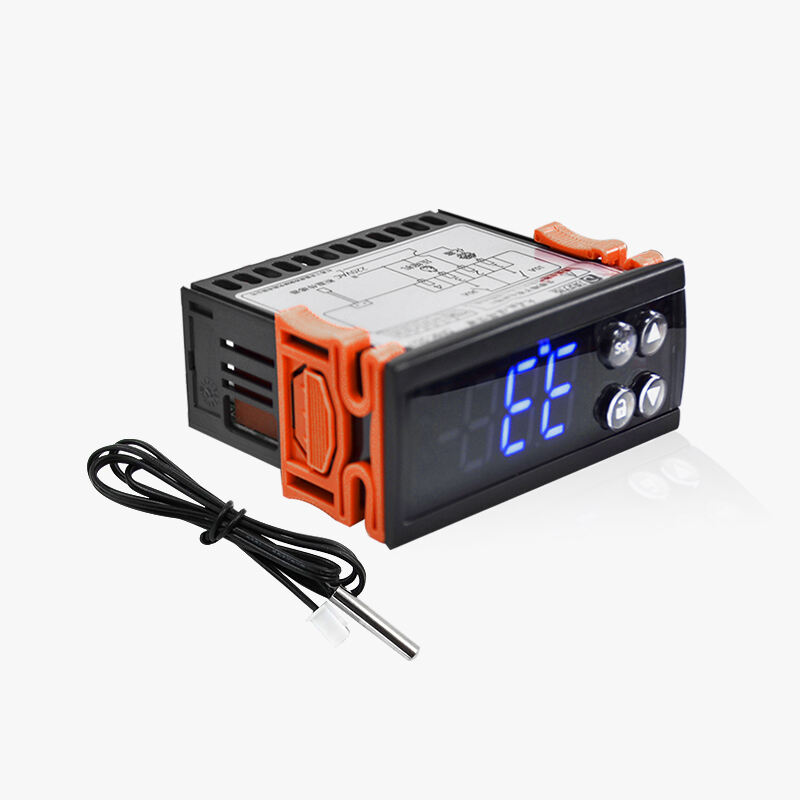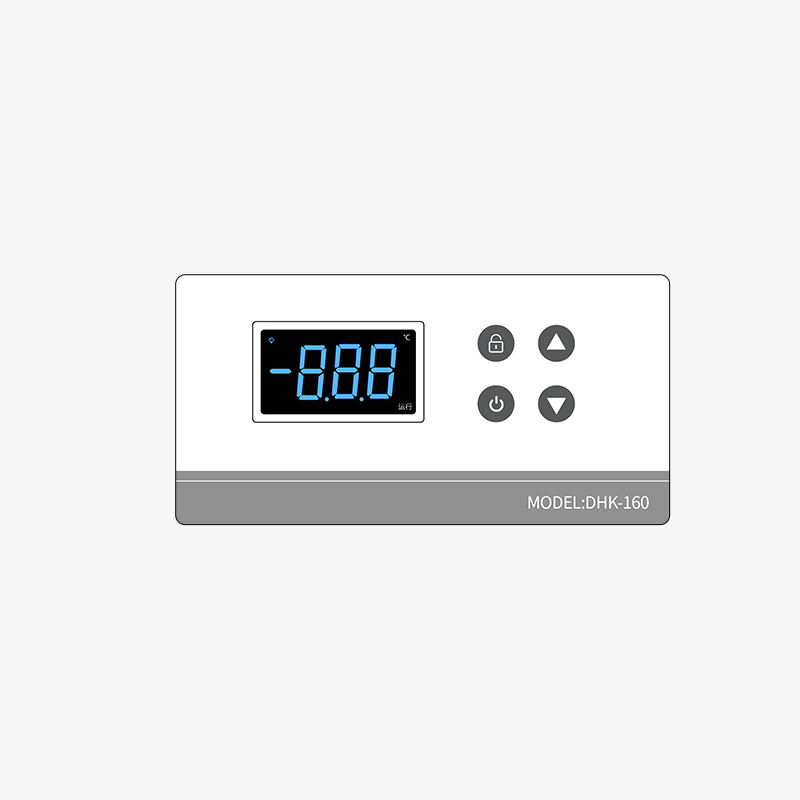Precision Control Technology
The advanced precision control technology embedded in modern humidity control systems represents a significant leap forward in environmental management. This sophisticated system utilizes state-of-the-art sensors and microprocessors to maintain exact humidity levels with minimal deviation. The technology continuously monitors environmental conditions and makes micro-adjustments in real-time, ensuring optimal moisture levels are maintained consistently. This level of precision is achieved through a combination of advanced algorithms that predict environmental changes and proactive response mechanisms that adjust before significant variations occur. The system's ability to maintain such precise control not only enhances comfort but also provides crucial protection for sensitive materials and equipment that require specific humidity conditions.







